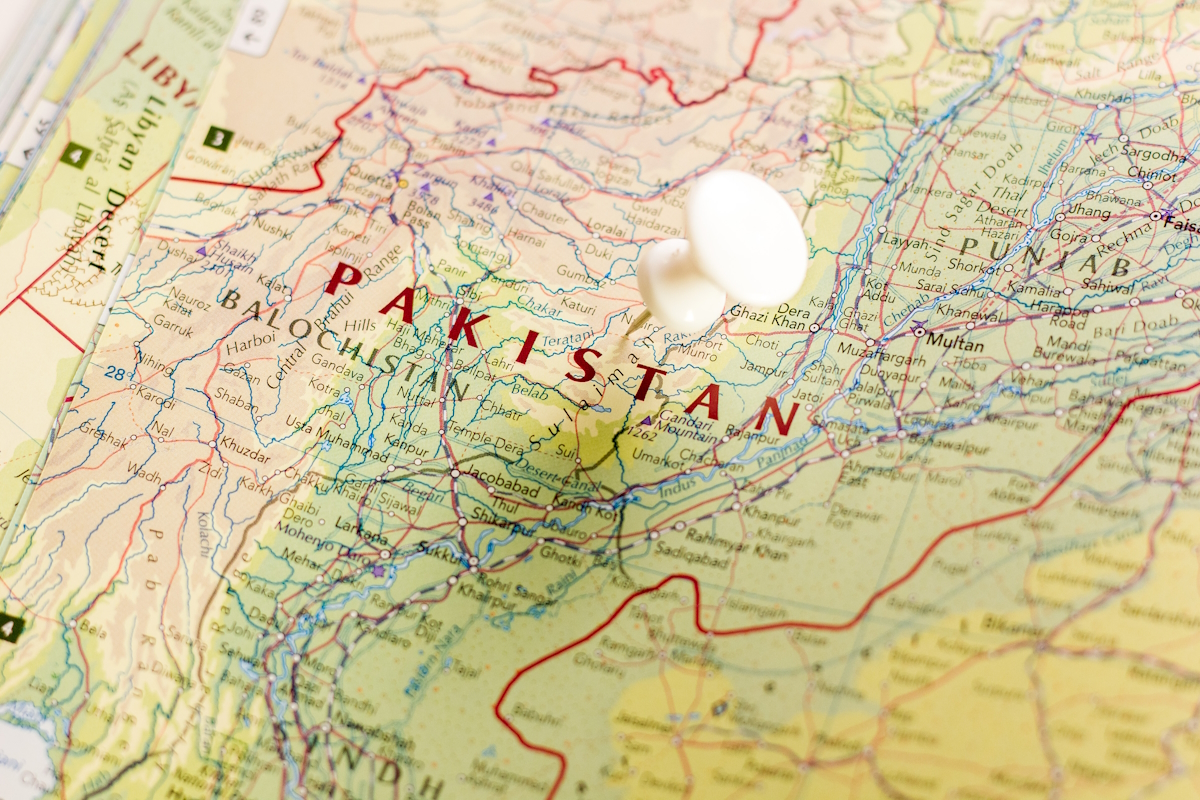Pakistan is seeing mounting economic challenges. GDP growth slowed sharply with the forecast for fiscal year 2022-23 declining to 0.29%, as per the National Accounts Committee. This comes along with skyrocketing inflation, political turmoil and the rejection of a much-needed loan by the International Monetary Fund (IMF).
It is the second time that Pakistan downgraded the growth forecast for this fiscal year ending June 30 – from 5% in June last year to 2.3% in September, due to the severe floods, to 0.29% now. At the same time, it is the fifth time in history that Pakistan experienced a growth rate of less than 1%.
The slowdown is mainly caused by the poor performance of the industrial and agriculture sectors. The industrial sector contracted by 2.95% as the government had to restrict imports of many raw materials due to a lack of funds. Furthermore, agriculture saw a major drop from 6.58% to 1.55%, mainly due to the floods last year.
Pakistan also saw its highest-ever inflation rate at 36.4% in April this year.
On top of the poor economic conditions, political tensions are worsening with severe polarisation mounting up as the general election is to be held by October. For months, the ruling coalition and the party of ex-Prime Minister Khan (PTI) have been battling each other over corruption allegations.
Pakistan’s economic challenges and no help in sight
Pakistan is in a tough spot. In the fiscal year 2021-22, public debt stood at 77.8% of GDP. Now the country owes more than $77 bn to its creditors, amongst them China and Saudi Arabia, partly due by 2026. In May and June, the country has about $3.7 bn in foreign debt to pay – against its current foreign reserves of only $4.3 bn.
A key IMF lending programme has stalled. “The situation is extremely delicate. We are at the worst financial position in our history in terms of sustainability of balance of payments,” said Hafiz Pasha, a former finance minister. “This time we will need an extended arrangement with the IMF for restructuring and reprofiling of our debt.”
The programme signed in 2019 expires on 30 June and Pakistan is still waiting for a $1.1 bn funding tranche. Both sides have been negotiating the resumption of the programme for months, but have yet to reach an agreement.










 Australia
Australia China
China India
India Indonesia
Indonesia Japan
Japan Malaysia
Malaysia Philippines
Philippines Singapore
Singapore South Korea
South Korea Taiwan
Taiwan Thailand
Thailand Vietnam
Vietnam
 Germany
Germany Hong Kong
Hong Kong USA
USA Switzerland
Switzerland Singapore
Singapore United Kingdom
United Kingdom








